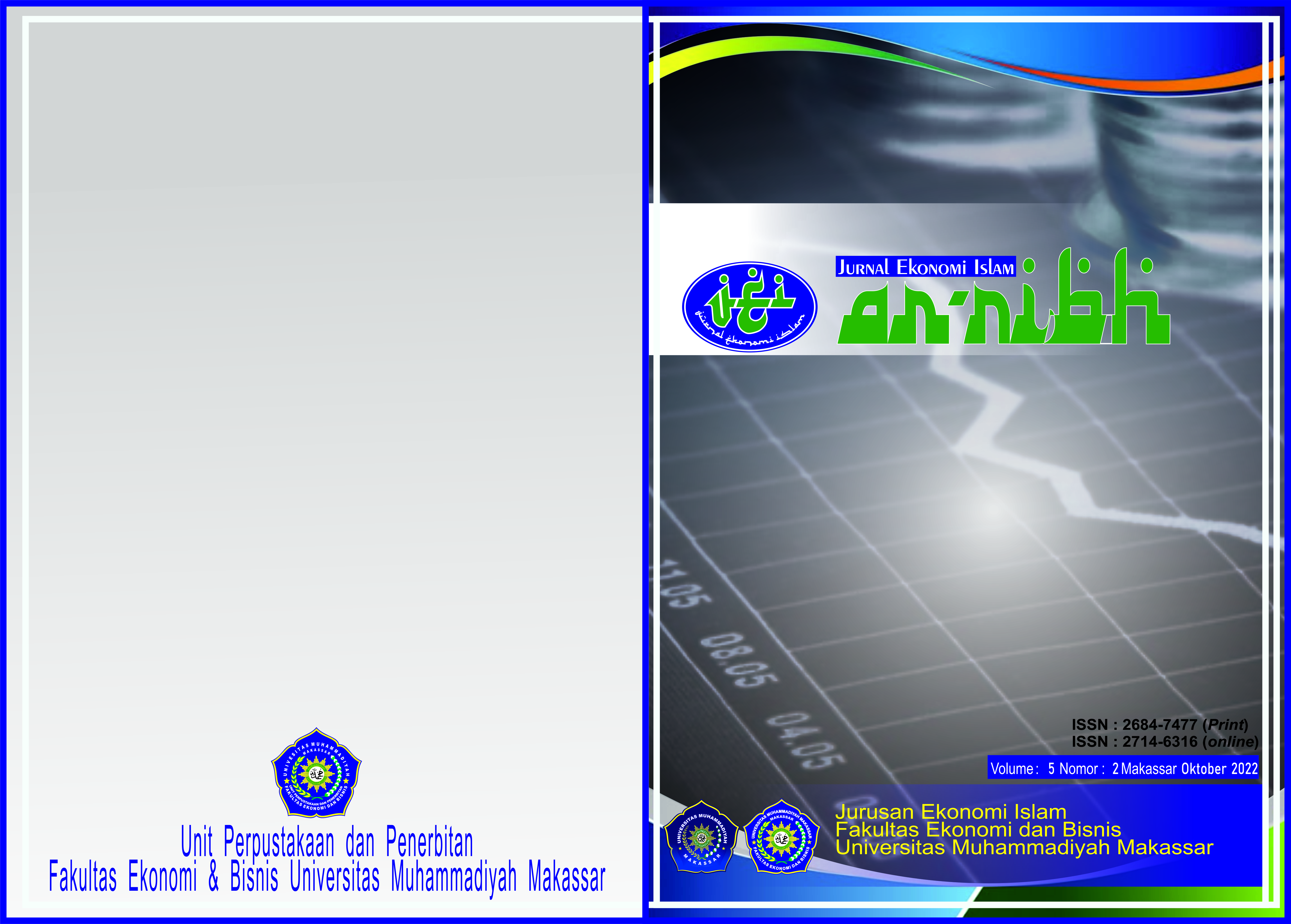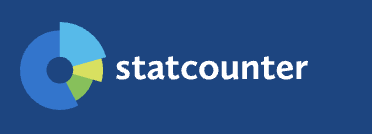Sharia-Compliant Digital Marketing Strategies to Boost Sales Revenue for Micro, Small, and Medium Enterprises in Parepare City
DOI: https://doi.org/10.26618/jei.v7i2.13239
Abstract
This study investigates the implementation of sharia-compliant digital marketing strategies to enhance the sales turnover of Micro, Small, and Medium Enterprises (MSMEs) in Parepare City. Using a qualitative approach with a case study methodology, data were collected through direct observation, in-depth interviews, and documentation. The research focuses on understanding the effectiveness of digital marketing through social media platforms such as Facebook, Instagram, and TikTok while adhering to Islamic ethical principles. The findings reveal that before adopting digital marketing strategies, MSMEs in Parepare City experienced stagnant, declining, or inconsistent turnover due to reliance on traditional marketing methods. However, after utilizing social media for product promotion, most MSMEs reported turnover increases ranging from 20% to 80%. Facebook emerged as the most widely used platform, providing significant outreach and engagement opportunities. Additionally, TikTok and Instagram contributed to customer engagement through creative and interactive content. From an Islamic perspective, the study highlights that MSME actors operate their businesses in line with the principles of falah (worldly and spiritual prosperity), emphasizing transparency, fairness, and ethical practices in their marketing efforts. The adoption of sharia-compliant digital marketing strategies not only enhanced sales performance but also supported sustainable and ethical business operations. This study underscores the potential of digital marketing as a transformative tool for MSMEs, particularly when aligned with Islamic values. Future research could expand the scope by exploring additional sectors or regions to provide a more comprehensive understanding of the impact of digital marketing strategies on business growth.
References
Akhmad, A., & Marsuni, N. S. (2019). Causality relationship of poverty, unemployment rate, and economic growth in South Sulawesi Province. Jurnal Ekonomi Balance, 15(2), 231-241.
Gunawan Chakti. (2019). The book of digital marketing: Buku pemasaran digital. Celebes Media Perkasa.
Helianthusonfri, J. (n.d.). Facebook marketing.
Istianingsih, N., dkk. (2023). Keberlanjutan bisnis melalui kinerja bisnis, budaya adaptif, inovasi: Digital marketing dan perilaku manajer. Bali: CV Intelektual Manifes Media.
Kementerian Koperasi, Usaha Kecil, dan Menengah (KUKM). (2023). Data MSME Empowerment. Diakses dari https://satudata-new.sulselprov.go.id/ pada 28 Agustus 2023.
KR, M. Y. A. R. A., Yusuf, M., Mariana, L., & Marsuni, N. S. (2023). Interest in visiting in terms of city branding and city image in Bantimurung Tourism Objects Mars County. Kontigensi: Jurnal Ilmiah Manajemen, 11(1), 320-329.
Marsuni, N. S. (2019). Pengaruh Praktik Islamic Corporate Social Responsibilty (ICSR) Terhadap Kinerja Keuangan Pada Bank Umum Syariah Periode 2014-2018. Skripsi, Universitas Muhammadiyah Makassar, Makassar.
Marsuni, N. S., & Insirat, M. N. (2022). Tax Strategy to Encourage MSME Growth: Analysis of Effectiveness and Constraints. GoodWill Journal of Economics, Management, and Accounting, 2(2), 34-38.
Marsuni, N. S., & Insirat, M. N. (2023). Analysis of the Effect of Tax Policy and Inflation on Economic Growth: A Review of Indonesian Literature. GoodWill Journal of Economics, Management, and Accounting, 3(2), 45-48.
Marsuni, N. S., & Yusuf, M. (2022). Concept of Financial Management in Islamic Perspective. Invoice: Jurnal Ilmu Akuntansi, 4(2), 346-352.
Putri, A. O. (2022). Pengaruh media sosial Facebook terhadap peningkatan omset penjualan UMKM (Studi kasus pedagang kuliner UMKM di Kecamatan Ujung Batu). Hirarki: Jurnal Ilmiah Manajemen dan Bisnis, 04(01), 568-578.
Rachmadi, T. (2020). The power of digital marketing. Tiga Ebook.
Ramli, M., Marsuni, N. S., & Ismawati, I. (2023). The Influence of Economic Literacy Proficiency and Financial Literacy on Business Performance in Micro, Small, and Medium Enterprises (MSMEs) in the Hanggar Talasalapang Area, Makassar. Economos: Jurnal Ekonomi dan Bisnis, 6(3), 233-246.
Sudaryo, Y., dkk. (2020). Digital marketing dan fintech di Indonesia. Yogyakarta: CV. Andi Offset.
Zed, M. (2021). Metode penelitian kepustakaan. Jakarta: Yayasan Obor Indonesia.
















